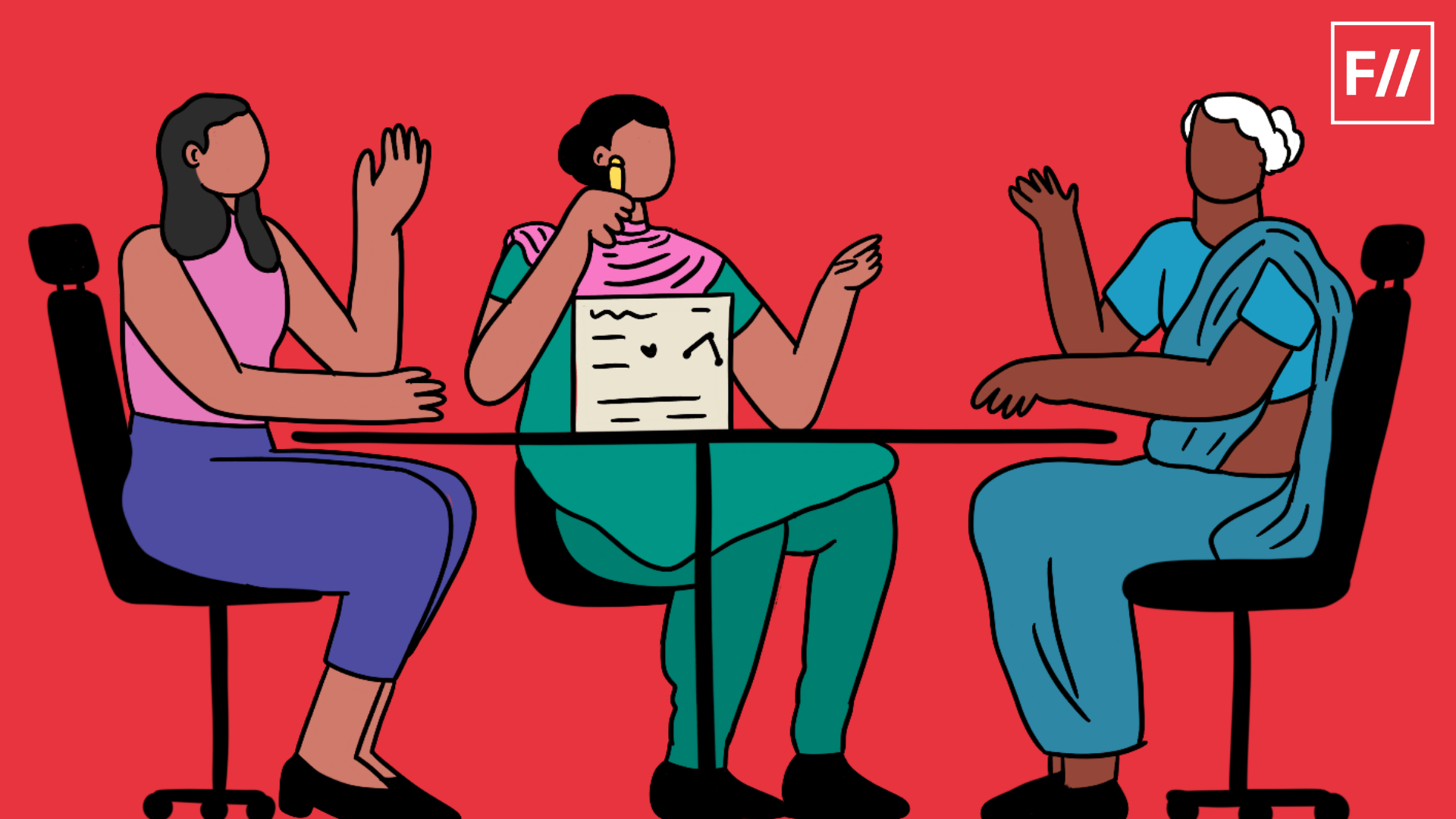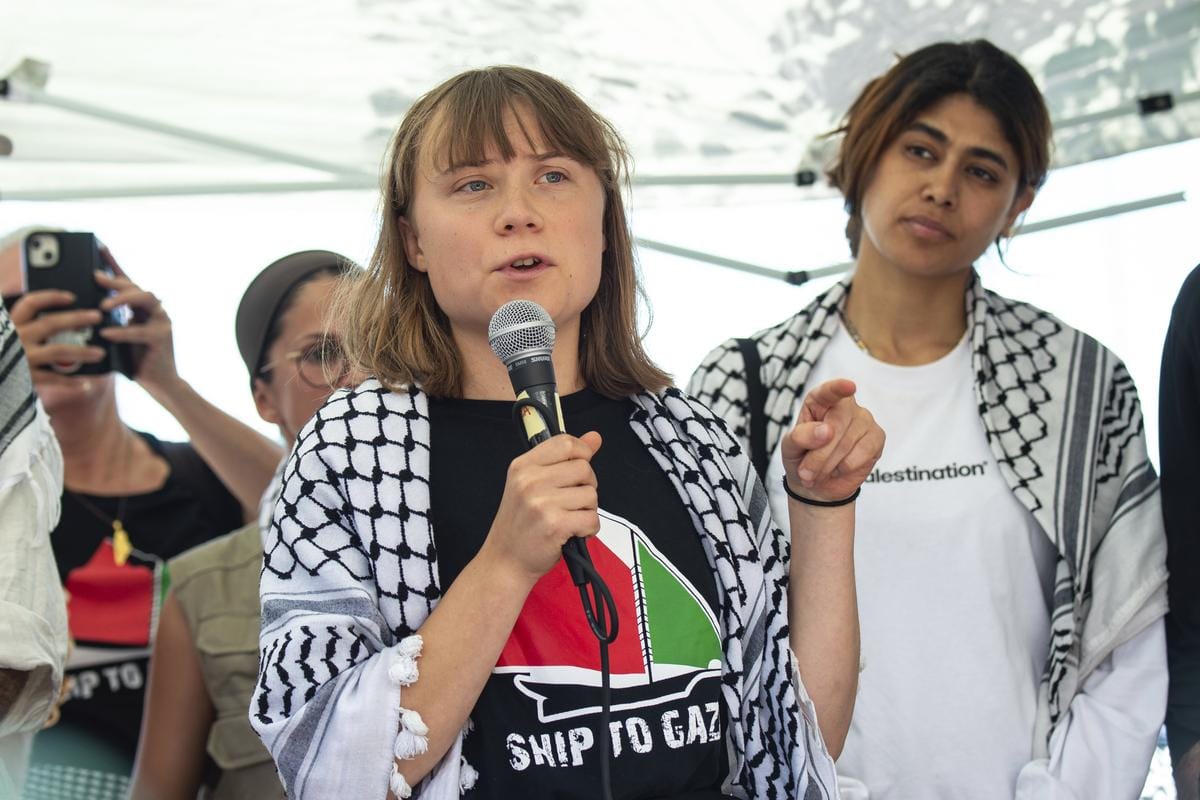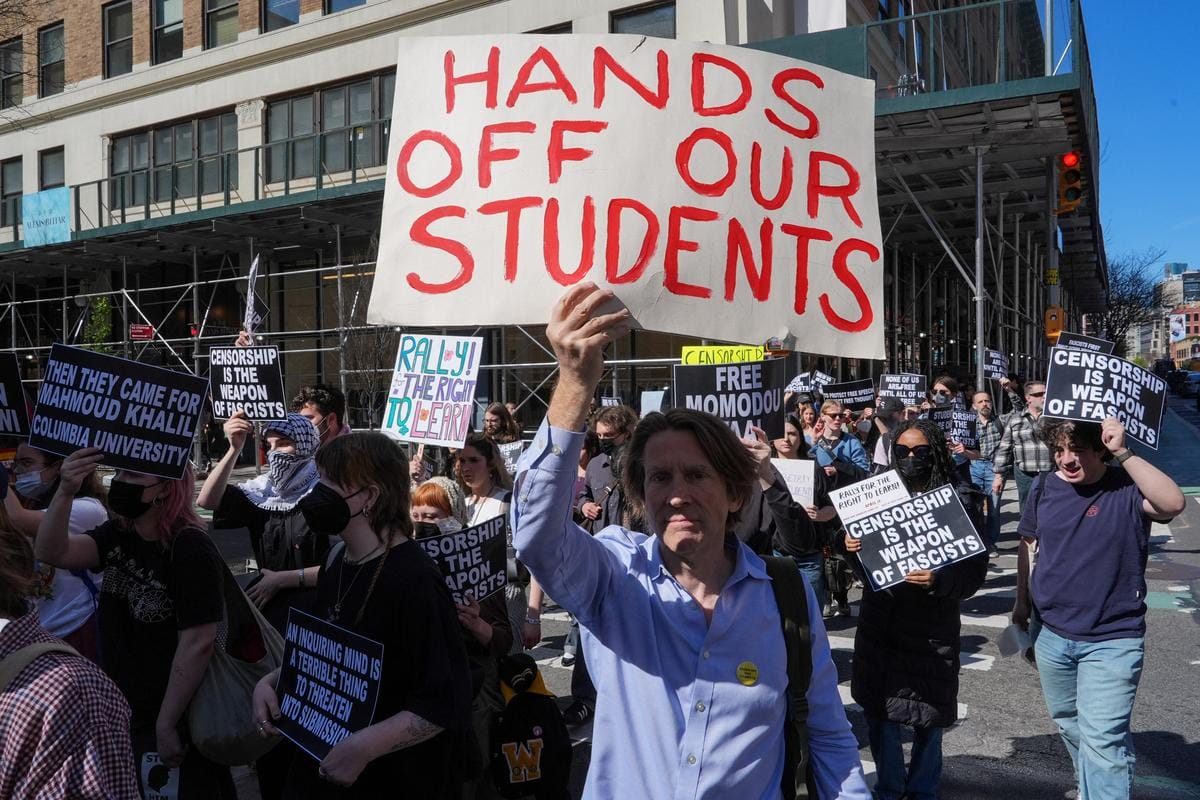Editor’s Note: This article is a part of FII and ActionAid India’s joint digital media campaign ‘Linking the Global to The Local’. Throughout this collaboration, FII and ActionAid India will be focusing on how international financial institutions can impact public services and young women’s rights and how we can create change. If you’re a woman or belong to a gender-minority and want to share with us how Gender Responsive Public Servives have impacted you and your community members, we encourage you to share your experiences with us. Be vigilant and tell us what you see, hear and experience at info.india@actionaid.org
International loans have always been one of the mostly undertaken ways to fix a struggling economy for many developing countries, including our own. But at what cost? The solution to pay back this debt has always been privatisation. International funding agencies have always suggested, rather strongly imposed on those at the receiving end to privatise public services and this in turn has not impacted all equally and beneficially.
The accessibility of marginalised communities to free and safe public services has been drastically impacted by this intention of generating more revenue to pay back loans. Women, especially who lie at the intersection of race, religion, class and caste marginalisation, have been the greatest brunt bearer. Tribal communities have been pushed further to the margins.
In order to save a crumbling economy, what is needed is to minimise poverty and increase equitable opportunities for all. However, what is being done in the name of crisis management is creating an even severe damage. Reducing conditions which are required for women to participate in the workforce will in no way bridge the income gap but only contribute to further widening it. And this is a vicious cycle, which continues to make the rich richer and the poor poorer. The vision to become a self-sustainable economy will never be fulfilled.
Do we really want to pay this price for some short-term benefits which creates irreparable damage? Do we want to make women and other marginalised genders pay such a prize? It is easy to think that there are no other ways. But is the easiest always the only way or the rather the right way?
The right way is to bring to the forefront the voices of each in deciding the fate of any economy. And is only with feminist solidarity.
Also read: What Are The Ways In Which Global Economic Policies Affect Local Gender Issues
Feminist solidarity can be defined as the principle of mutual support between individuals, groups and organisations working on gender equality and women’s rights. It is to emphasise the importance of building feminist consciousness through women’s groups.
Feminist solidarity can be defined as the principle of mutual support between individuals, groups and organisations working on gender equality and women’s rights. It is to emphasise the importance of building feminist consciousness through women’s groups. What is needed is a collective voicing of deprivation which would account for each individual. A constant scrutiny of economic policies by feminist groups would help is creating a much more equitable world.
When advocating for change, it is important to build solidarity with other groups and those interested in the issue or experiencing the same or similar challenges. Creating a sense of unity and collective power is especially important when challenging powerful government actors. Solidarity is important for showing that there are many people impacted by a problem and interested in solving it. There are a number of ways solidarity can be built around an issue:
Building a network that would aid in collection action
It’s a good idea to understand who else might be interested in the issue at hand. These people might include:
- Other young people who are impacted by the lack of public services.
- Youth groups, local and national civil society organisations who already work on the issue
- Academicians
- Journalists
This may also include asking at the next community meeting, using the internet to search or speaking with civil society groups, for example, ActionAid.
Also read: How Do International Financial Institutions Impact Public Services?
Using social media
Using social media, like Twitter, Facebook, Instagram, Snapchat, TikTok, Telegram, Hike Messenger, Share Chat and Bolo Indya is a great way to build a network of other young people and their allies and increase momentum for the change that needs to happen. Social media can be used to connect with people who share similar views and experiences, or to build solidarity by connecting with people from other communities or other countries around the world. Local partners can help think through which social media platform might be best for a particular issue or community and how to use it to make the most noise and interact with the most people!
Working with other activist groups
There are many organisations advocating for change at both the international and country level. These include:
- Feminist and women’s rights organisations
- Economic justice groups
- Trade unions
- Public budgeting groups
Why do we review and reflect?
Advocating for change is hard work, and sometimes can take years to achieve. It is important to review and reflect upon our efforts at regular intervals – to assess and celebrate our progress, to check in with one another and share experiences on key challenges and how you may overcome them, to reassess your goals, and gather energy for the next challenge. ActionAid is one such organisation which supports participatory ‘Review and Reflect’ sessions.
The more women and local feminist groups come together to get involved, find out more, build solidarity with others and collectively raise their concerns about the impacts of such policies on their human rights, the more governments and funding agencies would have no choice but to listen and respond.
Marginalised young people may face considerable barriers in trying to understand how international monetary agencies impact their lives and communities. Most documents and reports that are available online are in English, access to the Internet might also be limited for many, technical economic language used can be difficult to understand and hence what can be done is linking these marginalised youths with academics who can help break down difficult concepts to help them understand and analyse their situations better.
The more women and local feminist groups come together to get involved, find out more, build solidarity with others and collectively raise their concerns about the impacts of such policies on their human rights, the more governments and funding agencies would have no choice but to listen and respond.
Featured image source: Shreya Tingal/Feminism In India
About the author(s)
Riju Banerjee is 27 years old and works at The YP Foundation. She is a Teach for India alumni who is passionate about human rights, mental health, social emotional learning, writing, film making and intersectional feminism. She is an educator who strongly believes in inclusive education and is an advocate of children's voices and agency.




